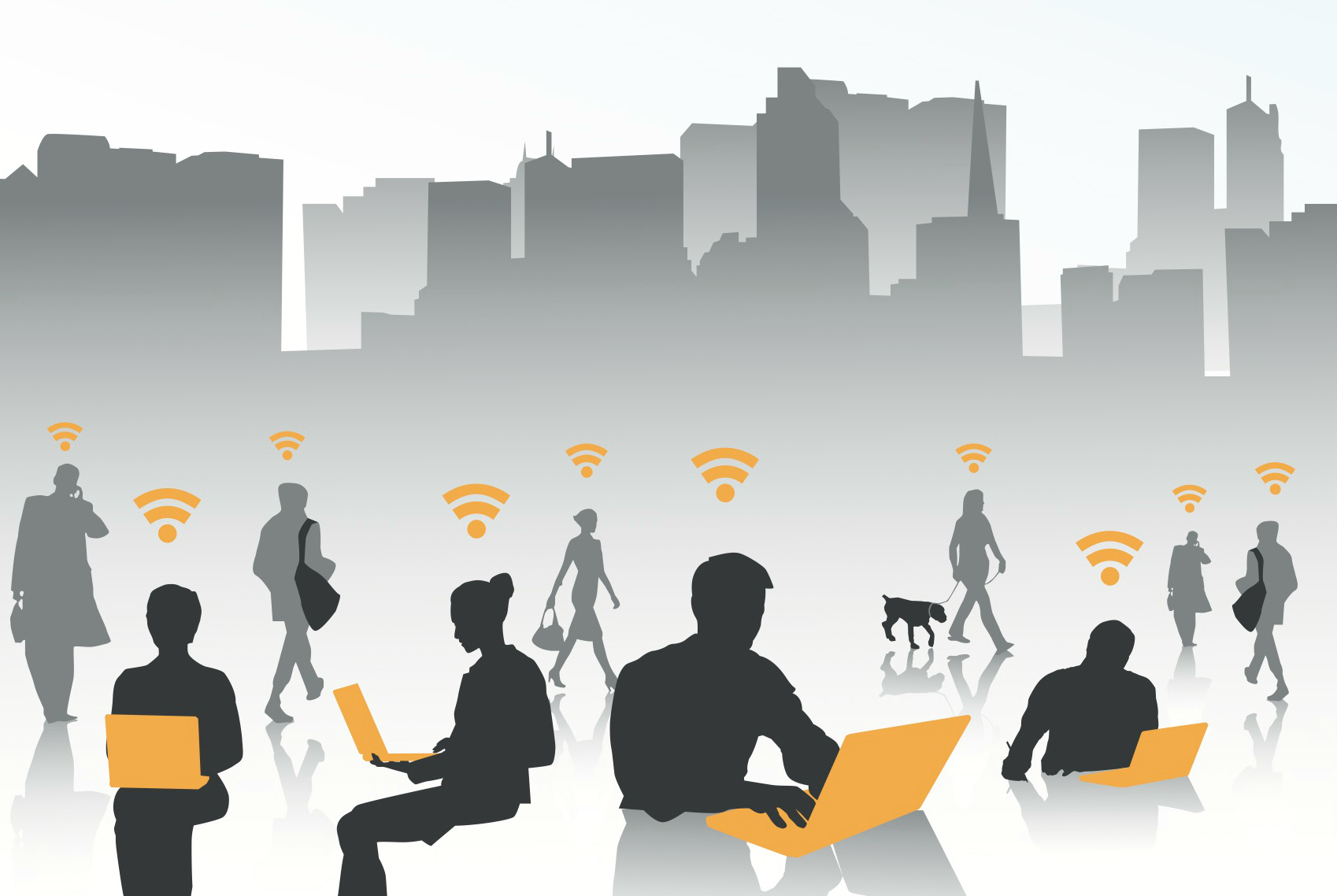Editor’s note: LA City Councilman Bob Blumenfield submitted an opinion piece to PublicCEO detailing the need for citywide Wi-Fi in California’s biggest city. Check it out here.
Originally posted at CA Fwd.
By Matthew Grant Anson.
It’s not every day that proposals in the Los Angeles City Council get talked about in media outlets like LA Weekly and Salon, but it’s also not every day that councilmembers seriously discuss bringing free citywide Wi-Fi to one of the largest city’s in the country. The impact on not just the local economy but to government transparency could be huge.
That’s just what the Council has been grappling with since Councilmember Bob Blumenfield first introduced his proposal back in August, and while some pointed at the idea as a symbolic and altruistic pipe dream that would go nowhere, Blumenfield recently told the California Forward that that’s not the case.
The City Council agreed. Earlier this month, the Council unanimously directed the city’s Information Technology Agency to draft a Request for Proposals for the service, a key move forward if Los Angeles is to join other California cities like San Jose and Riverside in offering free Wi-Fi.
“We’re getting there,” Blumenfield said. “Where it is in the process, we are moving by city standards at lightning speed. There’s an RFP that’s just about ready to hit the streets and there’s a couple of I’s that need to be dotted and T’s that need to be crossed.”
But why is free Wi-Fi such a big deal? For one, proposals like Blumenfield’s free access to Wi-Fi is a gateway into expanding open data efforts and ensuring all Angelenos have persisent, mobile access to every effort toward transparency the city makes.
“[The proposal] is going to be transformative, it’s going to improve accessibility to government, transparency of government, and efficiency of government,” Blumenfield said. “We’re on the verge of this metadata movement where we get all this info, and once we have that real-time access to all of our city agencies and folks in the field, you can see a really different city in the next decade,” he said.
It’s never good enough for the data to just be sitting out there. Ease of access is one pillar of a true commitment to a transparent and open government.
“But more than that, it’s going to have a catalytic impact on the city and the overall economy,” Blumenfield said.
Los Angeles, should it one day be equipped with the digital infrastructure needed to provide wireless access to all citizens free of charge, would instantly become the largest city in the country to offer free and universal access to wireless Internet.
And it’s not just wireless access in the proposal: Blumenfield stressed the inclusion of fiber as an equally important piece of the puzzle. The councilmember says fiber, the ultra-fast Internet gaining ground across the country, is the future of LA.
“The Wi-Fi is huge, but if we got the fiber, that would really put L.A. on the map technologically,” he said. “We’d become a magnet not just for tourism but for business.”
The California Economic Summit has long pushed the idea of Internet access being just as much a part of California’s infrastructure as its roads and bridges, which is why the Economic Summit – which recently concluded in Los Angeles – named infrastructure as one of its Action Team priorities.
At the Summit, GO-Biz director Kish Rajan commented on just how critical it is that everyone in California has access to broadband; it can’t be an issue of haves and have-nots. “21st century infrastructure has to also be about getting broadband to people being left behind in the two Californias,” Rajan said.
The two Californians, the concept of one sector of California experiencing a robust recovery while the other half of it continues to float stagnantly, is one of the most challenging factors facing the Golden State as it moves deeper into this brave new economic world of the 21st century.





